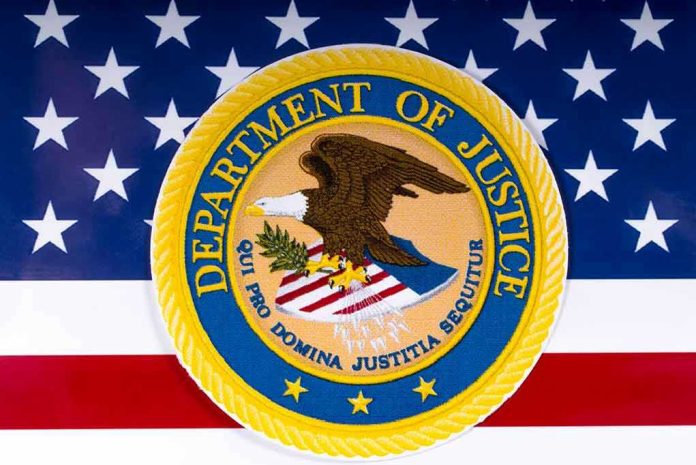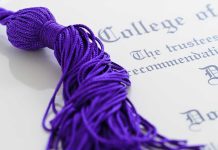
How far will the government go to ensure its immigration agenda is enforced, even if it means targeting judges and lawyers?
At a Glance
- The DOJ is considering criminal charges against judges and lawyers for using virtual hearings to protect immigrant defendants from ICE.
- Emil Bove, former Acting Deputy AG, initiated investigations into legal actors allegedly obstructing ICE operations.
- The inquiry is linked to Bove’s controversial nomination to the U.S. Court of Appeals for the Third Circuit.
- Legal experts warn this could undermine judicial independence and due process.
The Federal Inquiry into Judicial Conduct
In the heart of Minnesota, the Justice Department is considering a move that could send shockwaves through the legal system: pursuing criminal charges against judges and lawyers who have used virtual court hearings to protect immigrant defendants from Immigration and Customs Enforcement (ICE). These hearings, initially a response to the pandemic, have become a tool for shielding vulnerable defendants from deportation. Under the previous Biden administration, these tactics drew little attention, but with President Trump back in office, the DOJ is taking a hard look at any perceived obstruction of federal immigration enforcement.
Emil Bove, a key figure in this saga, issued a memo in January 2025, directing prosecutors to investigate state and local actors allegedly blocking ICE operations. The preliminary inquiry, led by the FBI in Minneapolis, zeroed in on whether judges and defense attorneys intentionally requested virtual hearings to protect clients from ICE. Such investigations have not been seen since the Trump administration’s first term, reflecting a return to strict immigration policies.
Legal and Political Ramifications
The potential prosecution of judges and lawyers raises profound legal and political questions. Judicial immunity typically shields judges from prosecution for actions taken in their official capacity, making the DOJ’s consideration of charges a legal quagmire. Moreover, the investigation underscores a broader conflict between federal immigration enforcement and local jurisdictions that adopt sanctuary policies. This clash could set a dangerous precedent, where federal authorities intervene in state court procedures, challenging the separation of powers and federalism.
Democrats are already up in arms over Bove’s nomination to the U.S. Court of Appeals, fearing his approach to immigration could compromise judicial independence. Over 900 former DOJ employees have urged the Senate to reject his nomination, citing concerns about his aggressive stance on immigration enforcement. The outcome of Bove’s nomination could significantly impact the DOJ’s future direction and its relationship with the judiciary.
Implications for Judges and Defense Attorneys
For judges and defense attorneys, the threat of federal prosecution introduces a chilling effect. Legal professionals must navigate the murky waters of protecting their clients’ rights while avoiding interference with federal enforcement. The use of virtual hearings, while innovative, may now be viewed as a risky strategy, with potential repercussions for those in the legal field.
This situation highlights the ongoing tension between the need for judicial discretion and the federal government’s immigration agenda. Judges and lawyers who once felt secure in their roles now face uncertainty, as the DOJ considers actions that could redefine the limits of their authority and independence.
The Bigger Picture: Immigration Policy and Judicial Independence
This case is a microcosm of the national debate over immigration policy and the role of the judiciary. It begs the question: should local actors have the autonomy to make decisions that may conflict with federal directives, especially when it concerns vulnerable populations like immigrants? The DOJ’s actions could have long-term implications for how immigration cases are handled and the balance of power between federal and state authorities.
The broader discourse surrounding this issue reflects the ideological divide in America. While some argue for strict enforcement of immigration laws, others advocate for protecting civil liberties and ensuring fair legal proceedings for all, regardless of immigration status. As the story unfolds, the nation watches closely, knowing the outcome could reshape the landscape of immigration enforcement and judicial independence for years to come.
Sources:
Virtual Court Hearings: A Shield or an Obstruction?
Exclusive: US Considered Charging Minnesota Judges, Lawyers in Immigration Crackdown, Sources Say
Over 900 Former DOJ Employees Urge Senate to Reject Bove’s Nomination









